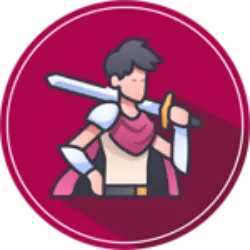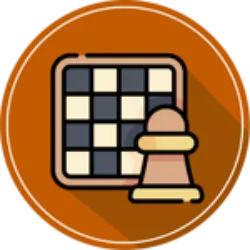In addition to the traditional tabletop RPG
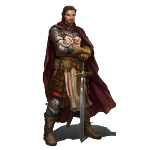
In addition to the traditional tabletop RPG, RPGs have also expanded to the digital medium, with the so-called electronic RPGs. These games allow players to explore virtual worlds, interact with computer-controlled non-player characters, and experience epic stories in video game formats or massively online games.
There are conventions and events dedicated exclusively to RPG
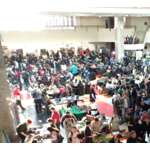
There are conventions and events dedicated exclusively to RPG, where players get together to participate in game sessions, learn about new games, share experiences and meet other enthusiasts of the hobby. Some popular events include Gen Con, the biggest RPG event in the world, and RPG fan conventions like Dragon Con and Comic-Con.
Test yourself with one of these challenges 👇
Discover some interesting facts about RPG
RPGs can span a wide variety of genres and settings, from medieval fantasy
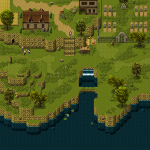
RPGs can span a wide variety of genres and settings, from medieval fantasy, science fiction, horror, to superhero stories, espionage, and more. Each RPG has its own set of rules and specific scenario. Many RPGs have extensive rulebooks, supplements, and expansions that provide more character, story, and setting options. This allows players to explore different aspects of the game and customize their experience.
In roleplaying
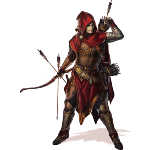
In roleplaying, there is one player who takes on the role of the Game Master (also known as the Dungeon Master, Game Master, or Storyteller). The Game Master is responsible for creating and running the story, playing non-player characters, and arbitrating the game's rules. RPGs use a variety of polyhedral dice (with different numbers of faces) to determine the success or failure of characters' actions. The most common die is the famous d20 (20-sided die), but 4-, 6-, 8-, 10-, and 12-sided dice are also used, among others.
The modern RPG originated in the 1970s when the fantasy
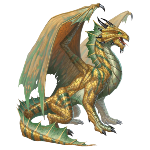
The modern RPG originated in the 1970s when the fantasy game "Dungeons & Dragons" was released. Gary Gygax and Dave Arneson are considered the fathers of the RPG, as they developed this new style of game based on narrative and role-playing, in which players assume the role of fictional characters and create stories collaboratively. Emphasis is placed on character roleplaying and decision making rather than just gameplay mechanics.
RPG
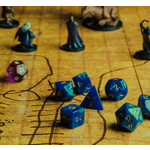
RPG is a game genre that emerged in the 70's with the release of "Dungeons & Dragons". This innovative game allowed players to create their own characters and explore an imaginary world created by the Game Master. The success of "Dungeons & Dragons" inspired the creation of many other role-playing games, both tabletop and electronic. Roleplaying continues to be popular to this day and has influenced pop culture and fantasy literature.
HOME
